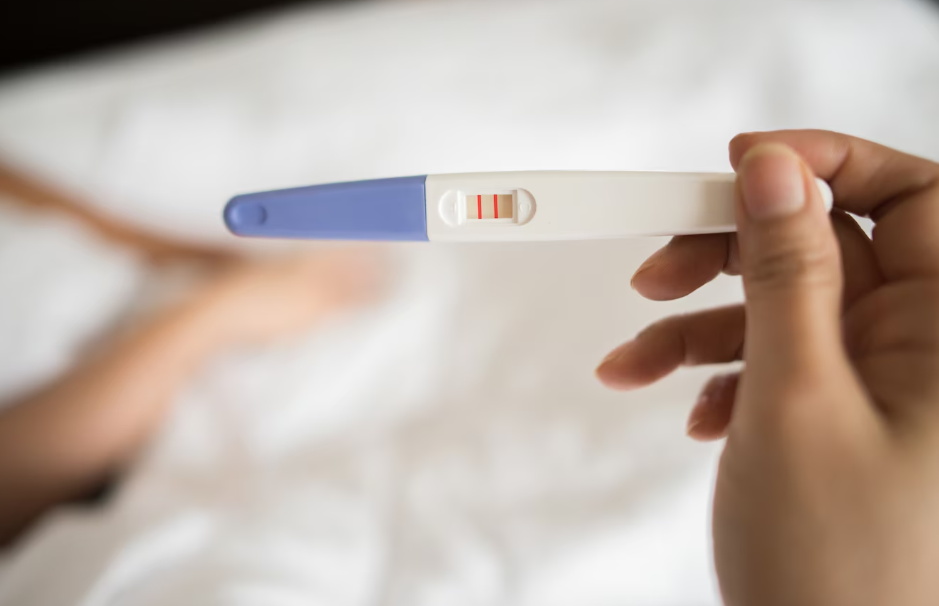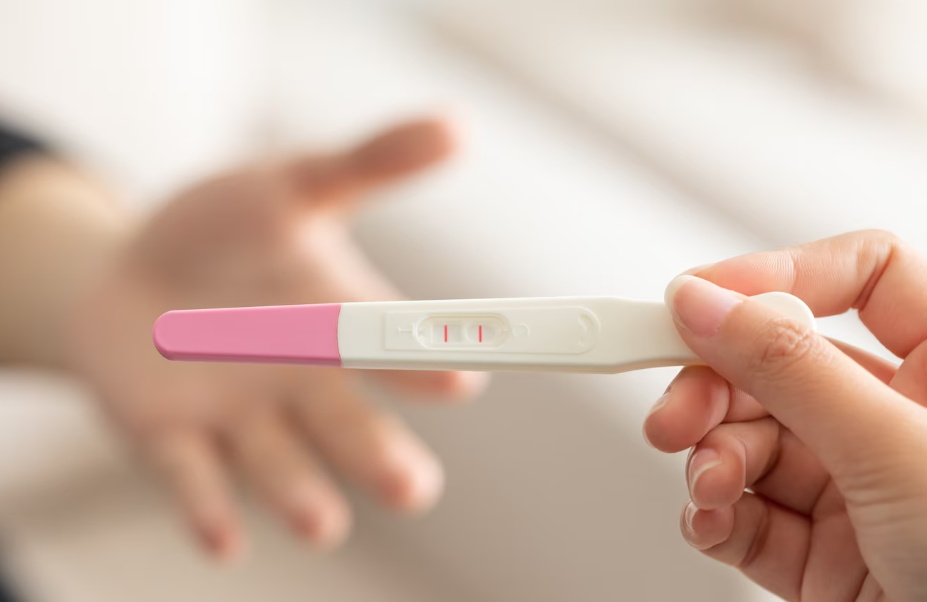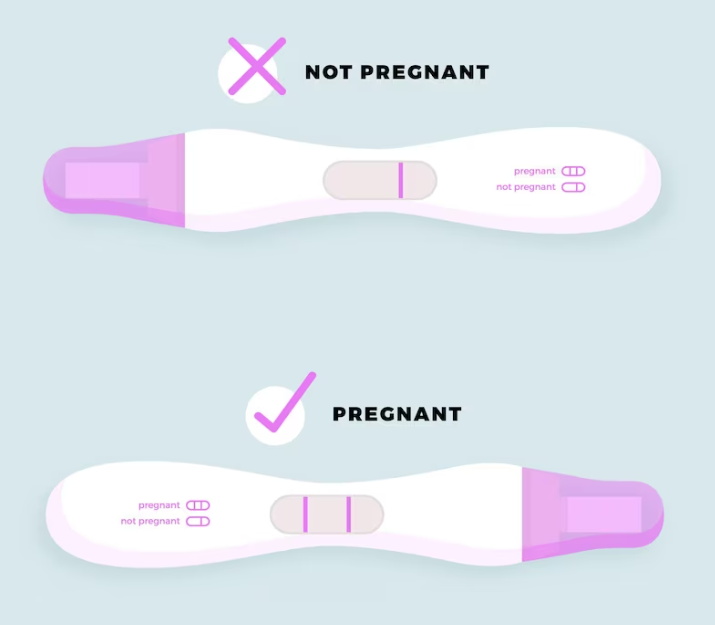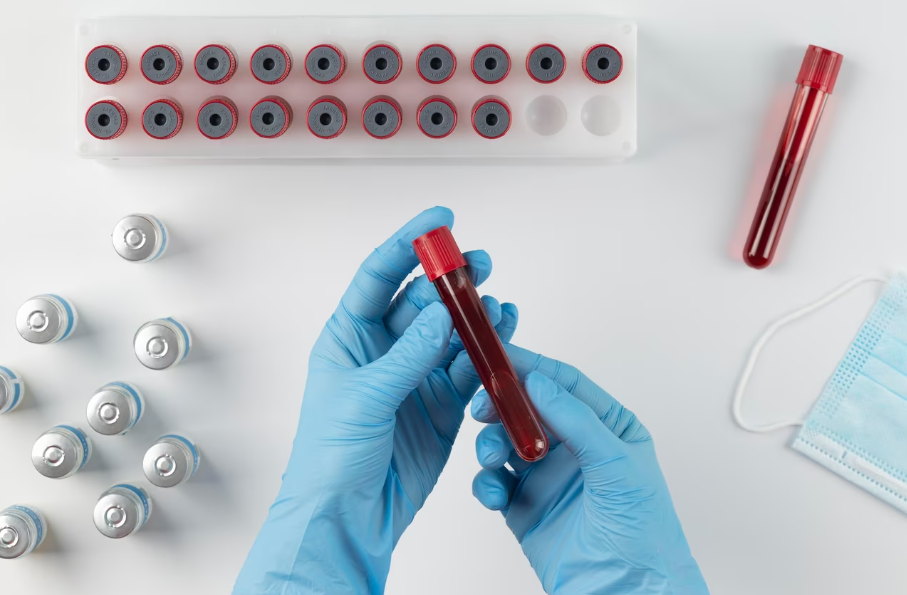Welcome to the fascinating world of human chorionic gonadotropin (HCG), the hormone that holds the key to early pregnancy detection. As medical professionals, we understand the crucial role that accurate and reliable HCG testing plays in diagnosing pregnancy and monitoring its progression.
In this article, we will explore the significance of HCG testing and its impact on healthcare.
Secret 1: Optimal Timing for Pregnancy Detection
Determining the optimal timing for pregnancy detection is crucial to obtain reliable results from HCG tests. For instance, conducting a test approximately 14 days after intercourse can provide an initial indication of pregnancy.

Secret 2: Mastering the Art of Patience
Patience is key when it comes to HCG testing, especially for women with irregular menstruation. By waiting for the longest menstrual period to pass, the accuracy of the test increases.
Secret 3: Recognizing Early Pregnancy Symptoms
In cases where the timing of sexual activity is uncertain, identifying early pregnancy symptoms can guide the decision to take an HCG test. Symptoms such as nausea, vomiting, and acid reflux can indicate early pregnancy. Emily, who has irregular menstruation, noticed these symptoms two weeks after her suspected conception date. She can now proceed with the HCG test to confirm her pregnancy.

Secret 4: Decoding HCG Values and Reference Ranges
Understanding the reference ranges of HCG values during pregnancy is essential for accurate interpretation. Let’s refer to Table 1, which provides the normal range of HCG values at different gestational weeks.
For instance, at six weeks of gestation, HCG levels can range from 1,080 to 56,500 mIU/mL. Comparing individual HCG values with the reference ranges can provide valuable insights into pregnancy progression.

Secret 5: The Power of Dynamic Monitoring
Dynamic monitoring of HCG levels over time is crucial for evaluating pregnancy progression. Let’s consider Jane, who just discovered she is pregnant. Her initial HCG level is 1,500 mIU/mL. Two days later, her HCG level doubles to 3,000 mIU/mL. This indicates normal embryonic development, as HCG levels should ideally double every 1.7-2 days during early pregnancy.
Secret 6: Differentiating Normal and Abnormal Pregnancy
Understanding the relationship between HCG levels and pregnancy outcomes can help differentiate between normal and abnormal pregnancies. For example, if a woman’s initial HCG level falls within the normal range, there is a 79% chance of a successful full-term pregnancy. Conversely, if the initial HCG level is lower than normal, the chances of pregnancy failure increase to 92%.

Secret 7: Diagnosis and Treatment of Miscarriage
Monitoring HCG levels is crucial for diagnosing and managing miscarriage. Let’s say Jennifer’s HCG level is 2,000 IU/L, and it gradually decreases over time. These declining levels suggest a possible miscarriage or stillbirth. When the HCG level drops to 600 IU/L, it confirms an inevitable miscarriage. Failure to return to normal HCG levels after delivery or induced abortion may indicate potential abnormalities that require further evaluation.
Secret 8: HCG in Malignant Mole and Choriocarcinoma
Abnormally elevated HCG levels can indicate conditions such as malignant mole and choriocarcinoma. After surgical treatment, effective therapy is reflected by a gradual drop in HCG levels to within the normal range. However, if HCG levels continue to rise or remain persistently high, it suggests ineffective treatment or the possibility of relapse.
Secret 9: HCG’s Role in Diagnosing Down Syndrome
HCG plays a vital role in Down syndrome (DS) screening during pregnancy. The first-phase screening, conducted at 10-13 weeks of gestation, involves assessing fetal neck translucent membrane-NT, maternal blood PAPP-A, and free β-HCG concentration. The second-phase screening, performed at 14-22 weeks, utilizes markers like maternal blood HCG, free E3, AFP, and inhibin A. Additional diagnostic procedures such as chorionic villus biopsy or amniocentesis may be recommended for further confirmation.
Secret 10: Testicular Cancer Detection in Men
In rare cases, HCG levels may increase in diseases like testicular cancer and yolk sac tumors. However, relying solely on urine HCG tests for testicular cancer screening is not advisable, as it may result in missed detections. Only a fraction of testicular cancer patients—around 20-30%—show elevated HCG levels. Consulting a healthcare professional and undergoing comprehensive diagnostic tests are essential for accurate diagnosis and appropriate treatment.
Secret 11: FAQ About HCG Test
– When Can You Get a Positive HCG Test?
You can get a positive HCG test once the HCG hormone reaches a detectable level in your body. This typically occurs around 10-14 days after conception. However, the exact timing may vary depending on individual factors.

– How Accurate Are HCG Pregnancy Test Strips?
HCG pregnancy test strips are generally considered highly accurate when used correctly. They have a high sensitivity to detect even low levels of HCG in urine. However, it is essential to follow the instructions provided with the test and confirm the results with a healthcare professional.
– When Can HCG Strip Detect Pregnancy?
HCG strips can detect pregnancy as early as 10-14 days after conception, depending on the sensitivity of the test. Some tests claim to provide early detection even before your missed period, but it’s important to note that the accuracy may be lower during this early stage.

How Do You Know if the HCG Pregnancy Test is Positive?
To determine if an HCG pregnancy test is positive, you need to check for the presence of two lines on the test strip. If both the control line and the test line are visible, regardless of the intensity of the test line, the result is considered positive.
What HCG Level Do You Test for Pregnancy?
When testing for pregnancy, the HCG level should be 5 mIU/mL or higher to confirm a positive result. However, it’s important to note that HCG levels can vary significantly between individuals and stages of pregnancy.
What is the Best Test to Detect HCG?
Both urine and blood tests can effectively detect HCG. Urine tests, such as pregnancy test strips or kits, are commonly used for at-home testing. Blood tests conducted by healthcare professionals, known as quantitative HCG tests, can provide more precise HCG level measurements.
What Does Beta HCG Mean?
Beta HCG is a hormone produced by the placenta during pregnancy. Measuring beta HCG levels can help determine if a woman is pregnant and monitor the progress of the pregnancy.
What Should Your Beta HCG Be at 1 Week?
At approximately 1 week pregnant (calculated from the first day of your last menstrual period), beta HCG levels can range from 5 to 50 mIU/mL. However, it’s important to note that individual levels can vary.

What Are the Different Types of HCG Tests?
There are various types of HCG tests available, including urine pregnancy tests, blood tests (quantitative and qualitative), and HCG tests conducted in laboratories using different methodologies.
What is an HCG Test C and T?
The terms “C” and “T” are often used to refer to the control line and the test line on an HCG test. The control line (C) confirms that the test is working correctly, and the test line (T) indicates a positive result if HCG is present.
What Does HCG Hormone Do?
The HCG hormone plays a crucial role in pregnancy. It supports the development of the placenta, which provides nutrients and oxygen to the growing fetus. HCG also stimulates the production of other hormones, such as progesterone, that are necessary for a healthy pregnancy.
What Does High HCG Do to Your Body?
High HCG levels in the body during pregnancy are important for maintaining the pregnancy and supporting fetal development. HCG stimulates the production of other hormones necessary for pregnancy, and it plays a role in preventing the breakdown of the corpus luteum in the ovary, which produces progesterone to support the pregnancy.







